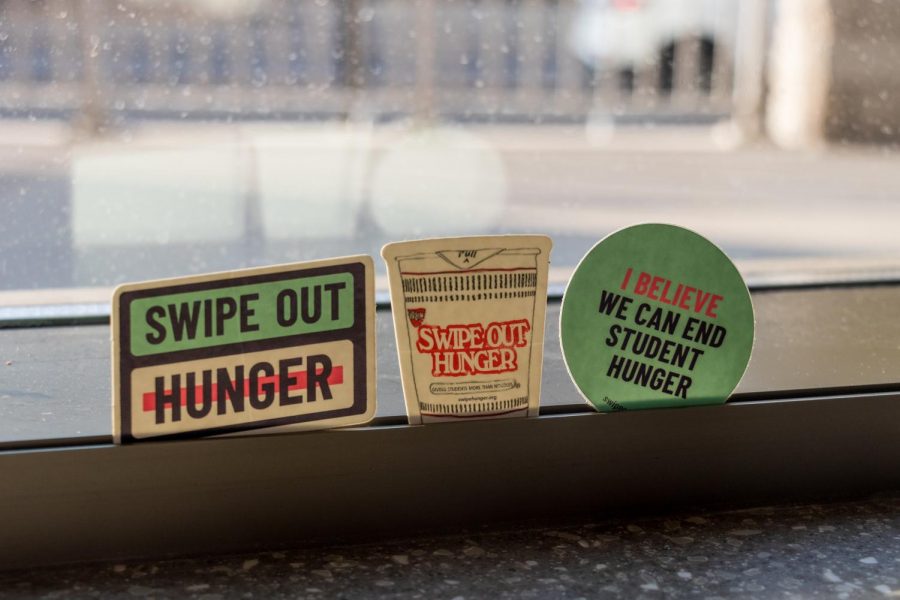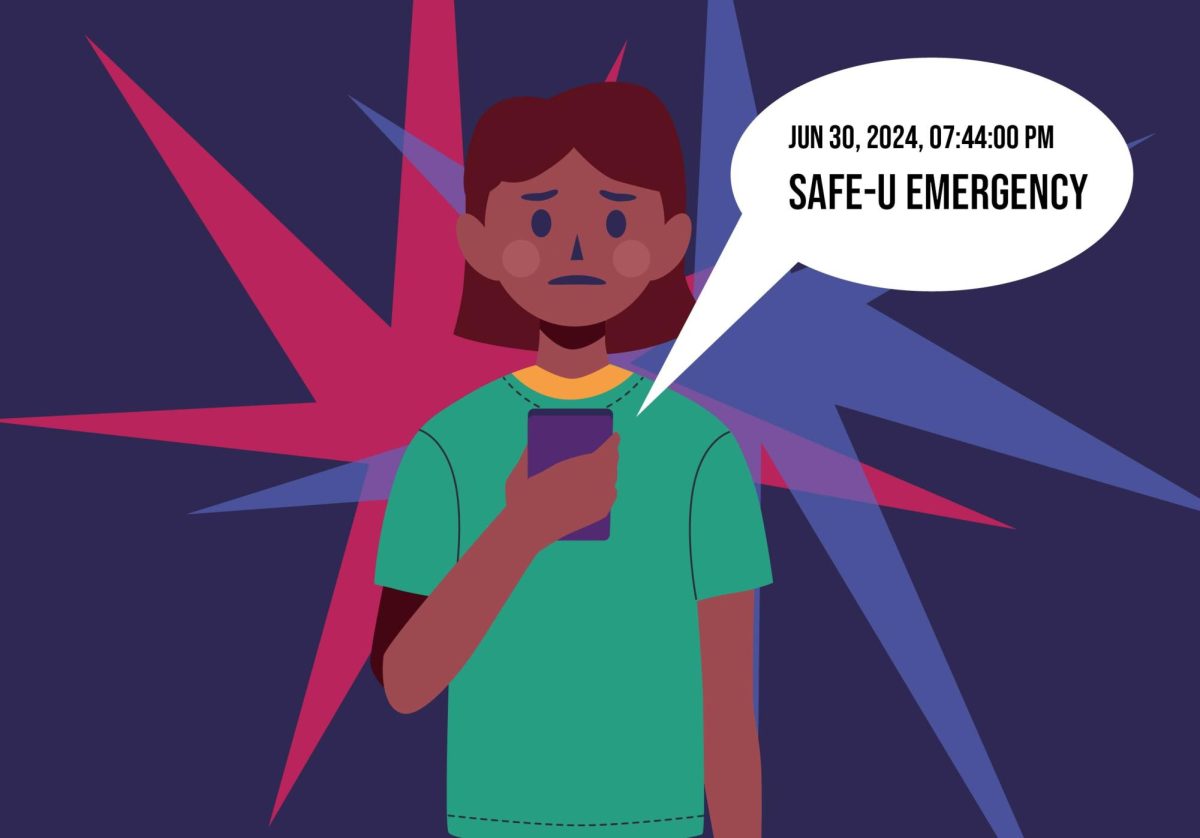Food assistance programs at the University of Minnesota plan to launch new initiatives this semester to help students struggling with food insecurity.
These initiatives will increase the availability of the food assistance programs on campus as well as provide students with different ways to get food.
Swipe Out Hunger to launch dining dollars program
Swipe Out Hunger, a national nonprofit organization that helps address food insecurity in college and has a chapter at the University, plans to launch a new dining dollars program that allows students with meal plans to donate unused dining dollars to students in need.
Abigail Beddow, a second-year student and co-president of Swipe Out Hunger, said the organization has plans to launch their dining dollars drive within the next few weeks and continue their weekly meal distributions throughout the semester.
“[The dining dollars drive] is a new thing because the University switched dining providers, so we had to figure out what to do,” Beddow said. “We hope to start that this semester and have a spring event of some kind.”
Swipe Out Hunger currently provides meals to students every Thursday in Coffman Union to help combat food insecurity on campus.
They have also prepared for the winter months by making sure they can give students access to the resources they provide, such as distributing warm meals and Grubhub gift cards.
“It’s our job to figure out how to distribute those things in the best way,” Alara Reed, who was Swipe Out Hunger’s co-president during the fall 2022 semester, said. “I don’t think people realize that there are five of us in the whole group, we’re doing the best we can, we want to help everyone.”
With religious observances such as Ramadan approaching, Swipe Out Hunger has a plan in place to accommodate for potential shifts in demand.
“When we notice that we’re running out of meals early or have a lot of meals remaining, we can request that we either get more meals within the following weeks or not as much,” Beddow said.
Beddow said the organization also has meals that accommodate students’ dietary needs, such as a vegetarian meal option.
Swipe Out Hunger partnered with the University’s Campus Club and Kitchen Coalition to distribute food to students who go to their weekly events. Kitchen Coalition donates food to Campus Club, whose chefs prepare the meals.
According to Reed, approximately one in five students at the University is experiencing food insecurity. Their food distribution program, along with their dining dollars program, primarily targets students.
Reed said the goal for Swipe Out Hunger is to provide emergency aid to students struggling with food insecurity.
“Our hope is that eventually there will be no need [for Swipe Out Hunger],” Reed said. “We’re hoping that there will be other things in place.”
USG and The Food Group hope to expand Mobile Market availability
The Twin Cities Mobile Market, which is managed by The Food Group, makes stops in Twin Cities neighborhoods. The Undergraduate Student Government’s (USG) Basic Needs Task Force worked with the Food Group in 2021 to include a stop at the University.
“Many students have stated before [that] the U of M is known as a food desert, especially when it comes to grocery items,” Emily Zhi, task force chair for the USG, said. A food desert is a term used to describe how difficult it is for students to access food.
The Twin Cities Mobile Market accepts SNAP benefits, and students are able to enroll in a SNAP assistance program through Boynton Health, according to Zhi.
Minnesota’s pandemic SNAP benefits currently run until March. Families will still receive pre-pandemic monthly payments once the current benefits end.
According to Zhi, students have expressed interest in a central grocery store on campus to have food readily available to them, and the Mobile Market would be a step toward that.
USG hopes to extend the Mobile Market’s availability by April, as the Mobile Market added another food truck. They have been working with the Food Group to increase the Market’s availability by having it come to Coffman Union every week and adding stops on the West Bank and St. Paul campuses, according to Zhi.
“This way, students don’t have to come looking for these resources and try and figure out where meals will be distributed,” Reed said. “It’s stressful for students to have to figure out where all these resources are.”






















